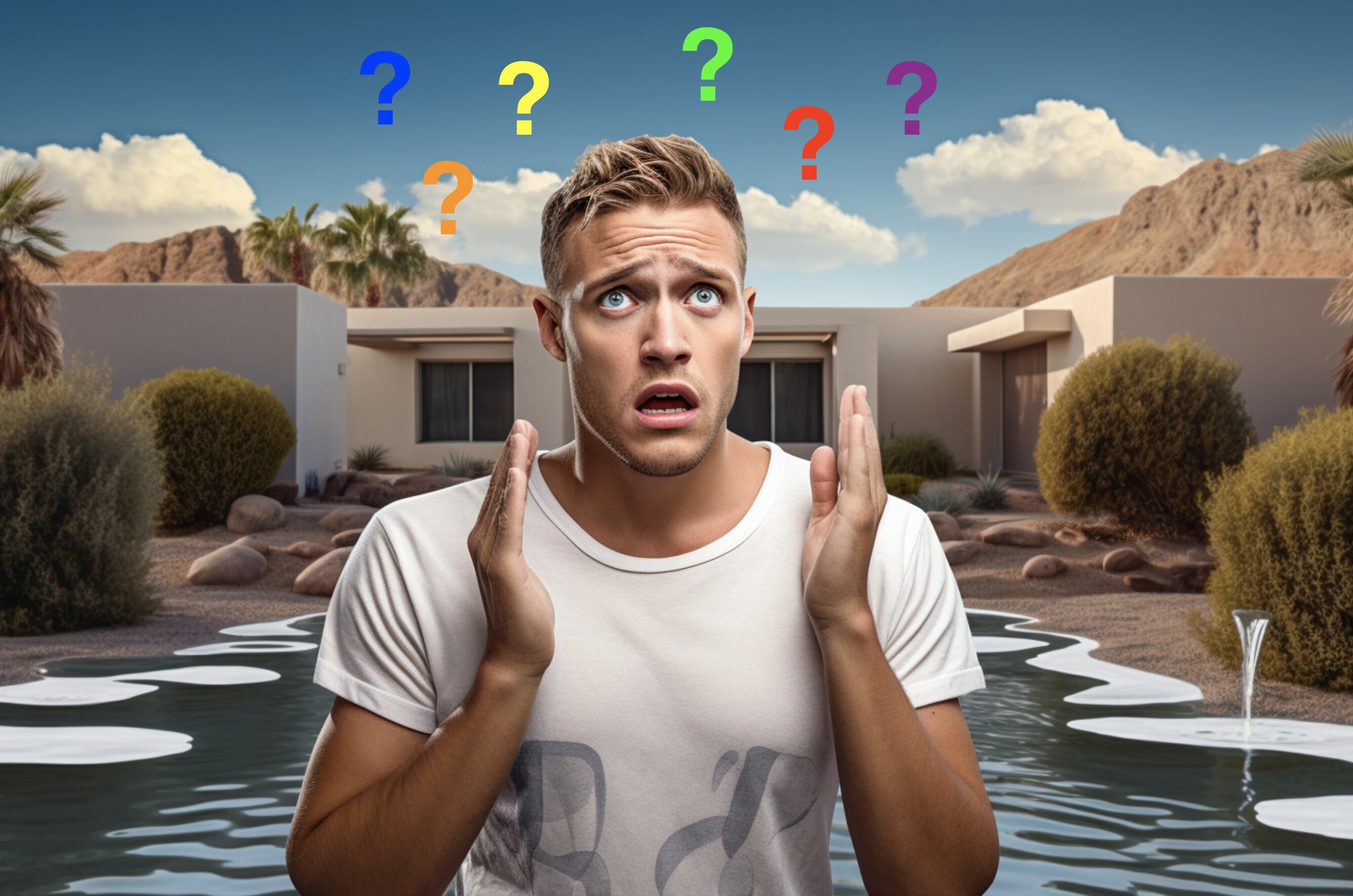1. How often should I test my pool water?
Answer: It’s recommended to test your pool water at least once a week. During peak swimming season or after heavy pool usage, it’s advisable to test more frequently, such as two or three times a week.
2. What is the ideal pH level for my swimming pool?
Answer: The ideal pH level for a swimming pool is between 7.2 and 7.8. This range ensures that the pool water is safe and comfortable for swimmers, and it optimizes the effectiveness of the chlorine.
3. How often should I clean the pool filter?
Answer: It varies depending on filter type and pool usage, but generally, you should clean cartridge filters twice per year, backwash sand filters every 1-2 months, and DE filters 2-3 times a year.
4. Why is my pool water cloudy, and how can I clear it?
Answer: Cloudy water can be caused by imbalanced chemistry, poor filtration, or debris. To clear it, adjust chemical levels, clean the filter, vacuum the pool, and run the pump until the water is clear.
5. How do I properly shock my pool?
Answer: To properly shock your pool, first test and balance your water chemistry. Then, follow the shock product’s instructions, adding the appropriate amount of shock treatment to the pool water, usually at dusk to allow the chemicals to work overnight without being degraded by sunlight.
6. How can I get rid of algae in my pool?
Answer: To eliminate algae, begin by brushing the pool walls, then vacuum the debris. Shock your pool with a higher chlorine level than normal and make sure the pool filter runs 24 hours until the algae is gone. Using an algaecide can also prevent future growth.
7. What’s the proper water level for my pool?
Answer: The water level should be halfway up the opening of your pool skimmer. This level supports proper circulation and filtering. If the level is too high or too low, it can lead to filtration problems.
8. How often should I run my pool pump?
Answer: It is best to run your pool pump for about 8-12 hours per day to ensure complete water circulation and filtration. Optimal running times can vary based on pool size and pump efficiency.
9. What should I do to maintain my pool during the winter?
Answer: In cold climates, winterize your pool by lowering the water level, adding winterizing chemicals, covering the pool, and inflating air pillows if needed. For warmer climates, reduce pump running time, and continue with regular maintenance and water balance.
10. How do I deal with high chlorine levels in my pool?
Answer: If chlorine levels are too high, keep the pool uncovered, and avoid adding more chlorine. You can also consider using a chlorine neutralizer if you need to lower the level quickly for immediate use.
11. What is calcium hardness, and how do I control it?
Answer: Calcium hardness refers to the amount of dissolved calcium and magnesium in the pool water. To maintain appropriate levels (typically 200-400 ppm), use calcium hardness increaser or water softener salts as needed based on water testing.
12. How do I remove stains from my pool liner?
Answer: Identify the source of the staining and, if necessary, treat with a specialized stain remover. For organic stains, use a soft brush and gentle cleaning solutions. For mineral stains, you may need to balance the water chemistry or use a sequestrant.
13. Is it safe to swim with chlorine tablets in the pool?
Answer: Yes, as long as the tablets are placed in a chemical feeder, floater, or skimmer basket. Avoid swimming if tablets are directly in the water as they can irritate skin and are not safe to be in contact with.
14. How can I reduce chlorine usage in my pool?
Answer: You can reduce chlorine usage by maintaining balanced pool chemistry, using a pool cover to block sunlight (which degrades chlorine), and by using a mineral purifier or ozonator to minimize chlorine dependency.
15. Why is my pool pump making noise?
Answer: Noisy pool pumps can be due to several issues such as cavitation (low water flow), worn bearings, loose hardware, or debris in the impeller. Check these components and take corrective action accordingly.
16. How can I prevent my pool water from evaporating?
Answer: To prevent evaporation, use a pool cover when the pool is not in use, especially at night and on windy days. Covers also help to maintain heat, reducing energy costs for heated pools.
17. Can I leave my pool open all year round?
Answer: In some climates, you can leave your pool open all year. However, you’ll need to continue regular maintenance, including water balancing, cleaning, and ensuring the water does not freeze if temperatures drop too low.
18. How do I know if my pool has a leak?
Answer: Suspicion of a leak can be confirmed with the bucket test: Fill a bucket with pool water, mark the water levels both inside and outside the bucket, and compare the levels after 24 hours. If the pool water level drops more than inside the bucket, you may have a leak. A professional should be consulted for detection and repair.
19. How do I balance total alkalinity in my pool?
Answer: To adjust alkalinity, use an alkalinity increaser if levels are low or add muriatic acid or sodium bisulfate if levels are high. Always retest the water after adjustments and follow the manufacturer’s dosage instructions.
20. Do I need to hire a professional for regular pool maintenance?
Answer: While many pool owners perform their own maintenance, hiring a professional can ensure proper care, save time, and prevent costly errors. Whether you need a professional depends on your familiarity with pool maintenance and the amount of time you can dedicate to pool care.


